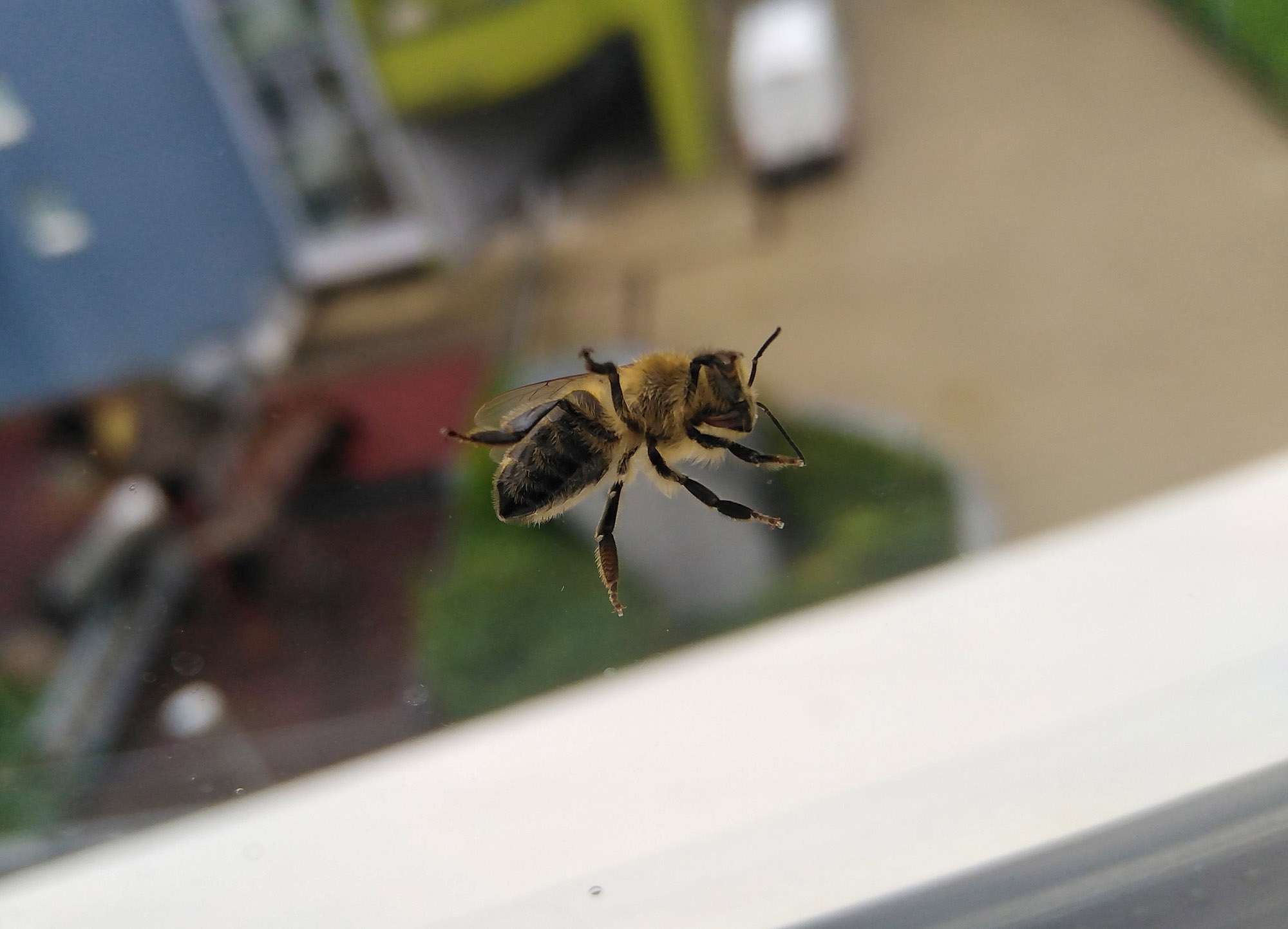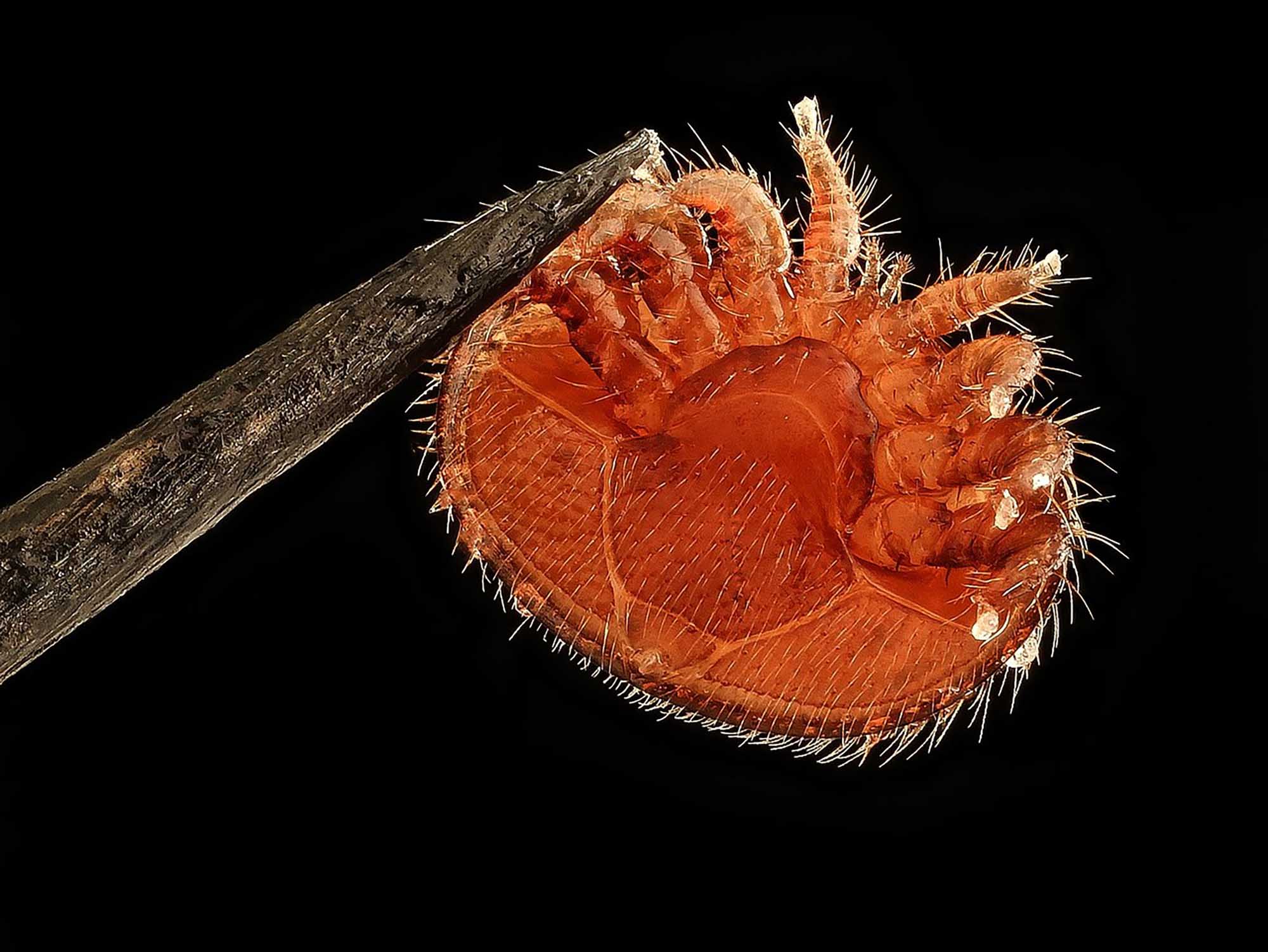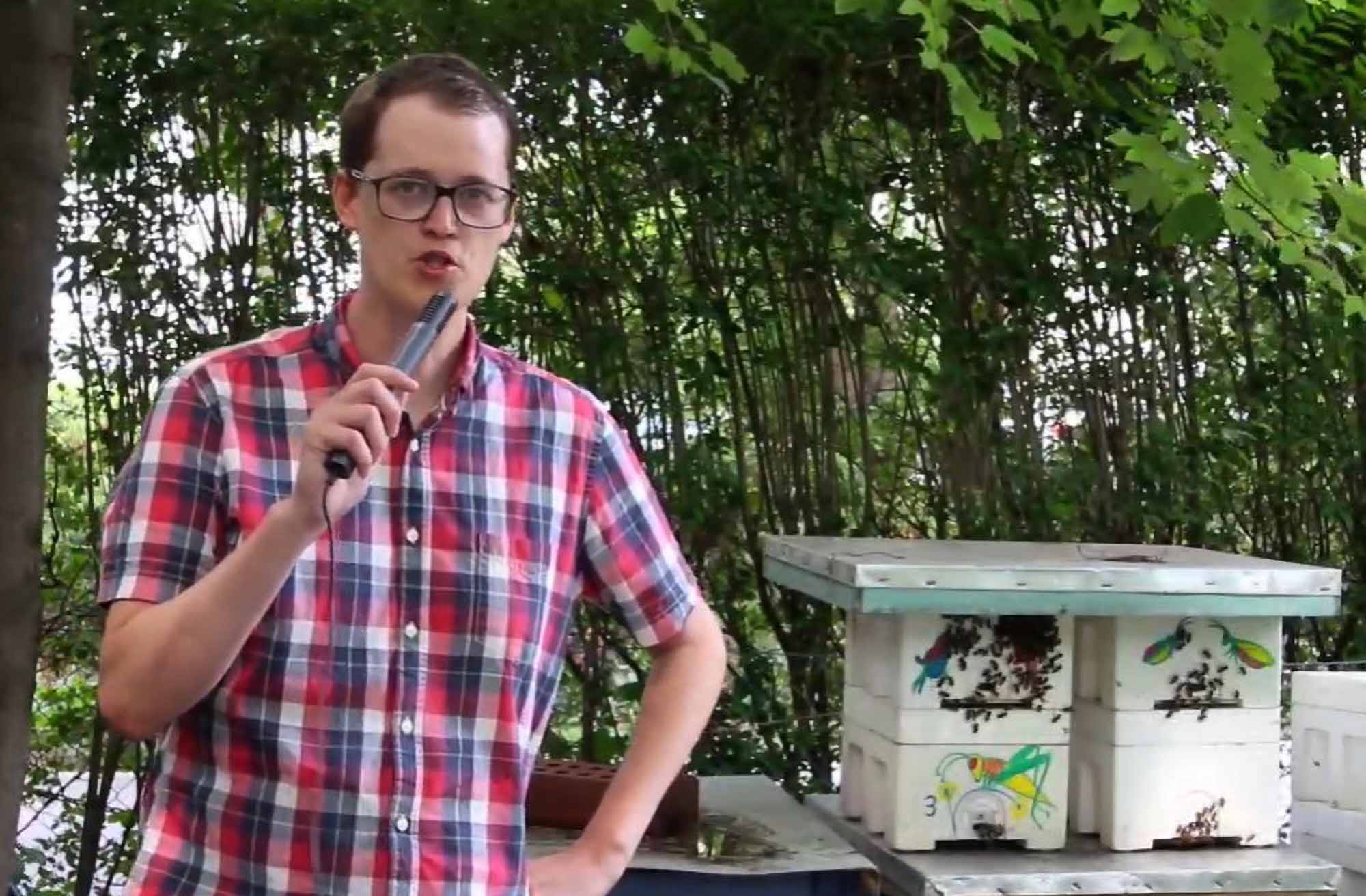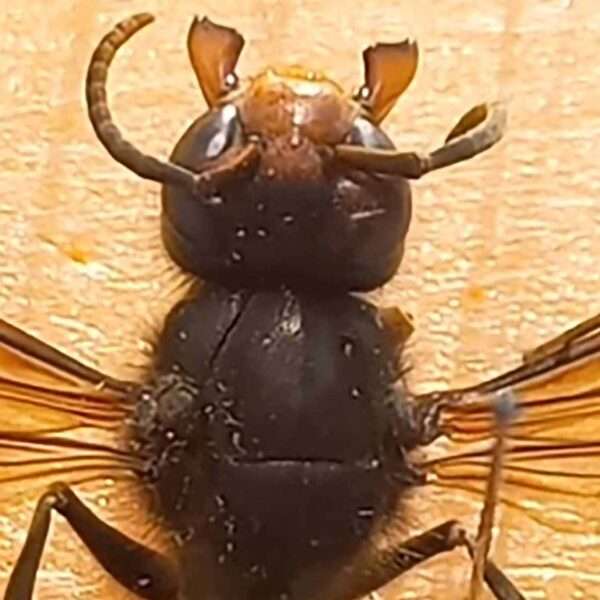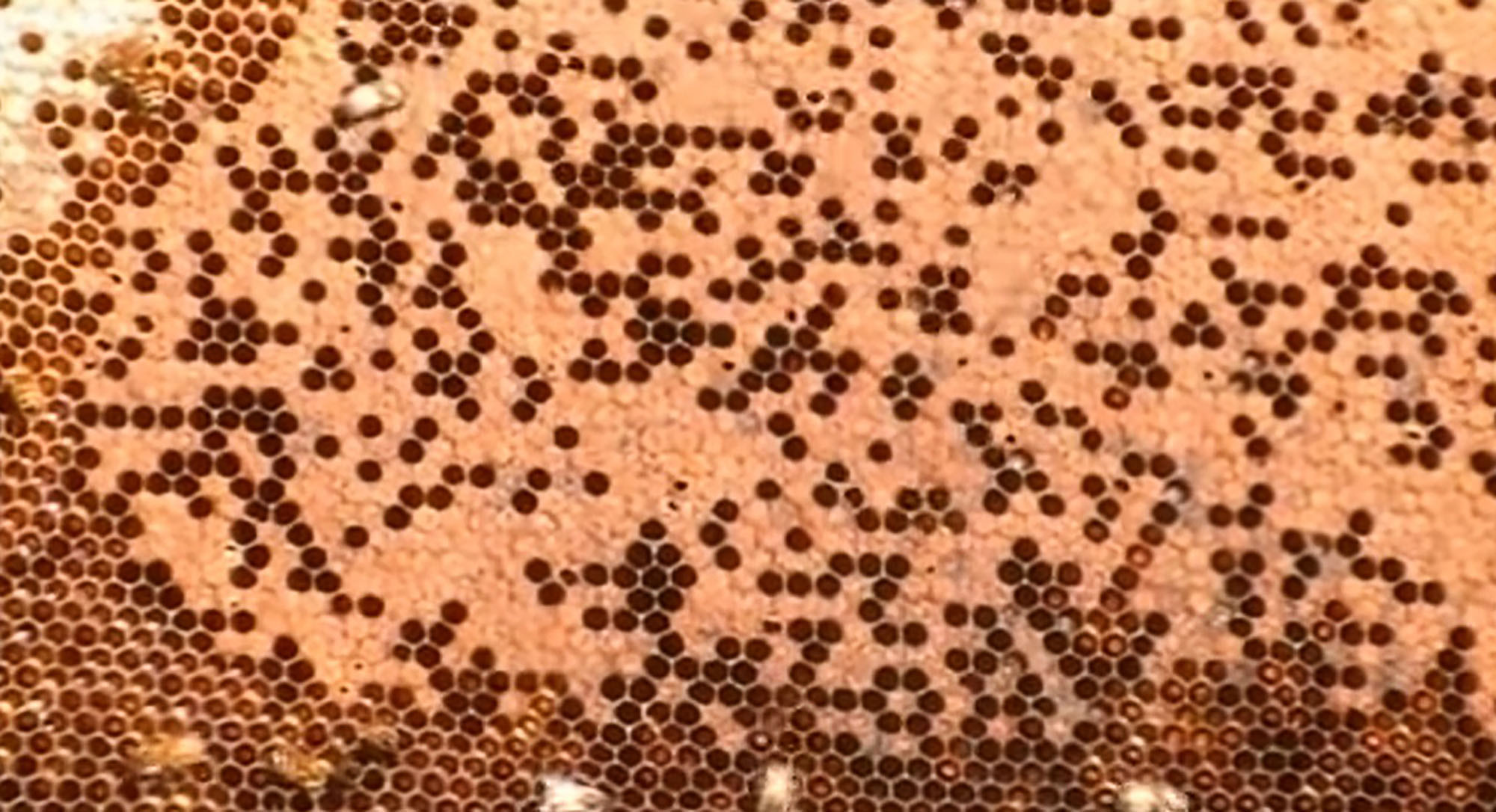Honeybees and their solitary peers compete for nutrition sources, researchers in Germany have confirmed.
Environmentalists, beekeepers and scientists fail to agree about whether the increasing interest in apiculture is posing a threat to the rich variety of solitary pollinator species.
Some researchers believe solitary bees struggle harder to find pollen if there are more domesticated colonies buzzing around. Western honeybees are significantly less fastidious than their solitary peers.
The latter group does not produce honey. They do not live in hives either but build their nests in deadwood and the soil.
Now experts from the Thünen Institute, a centre for nature research in Brunswick, Lower Saxony, said there was a rivalry between the species.
In a statement quoted by broadcaster BR, they explained: “Natural resources are always limited, therefore there is competition between creatures.”
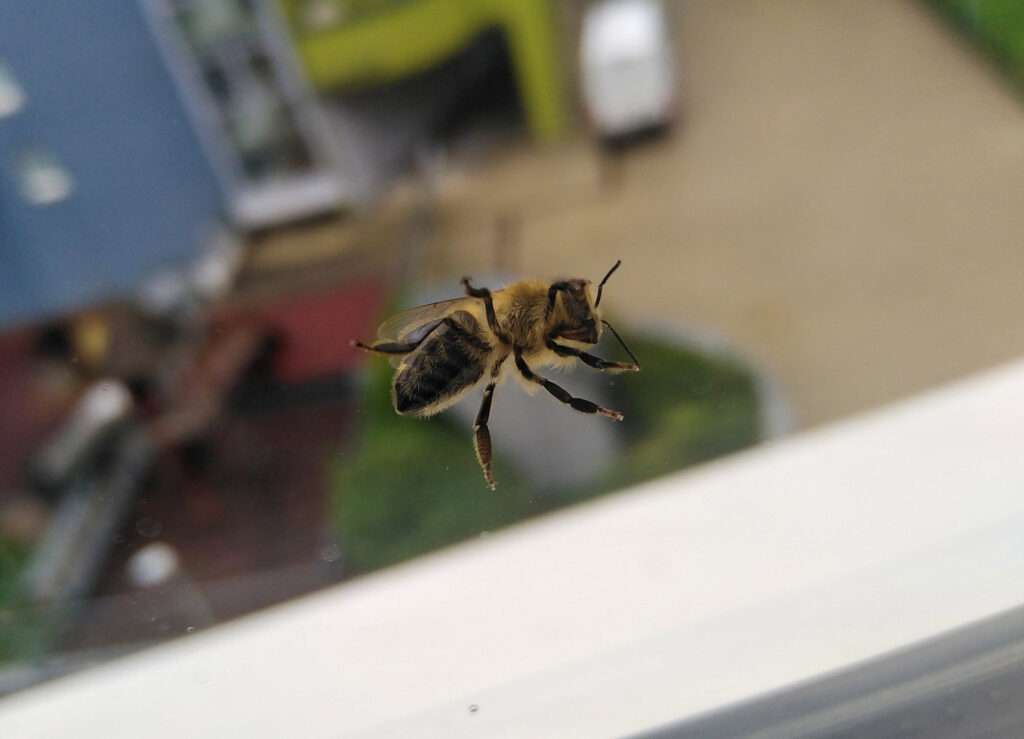
However, the scientists also pointed out there was hardly any evidence that honeybees were ousting undomesticated pollinators.
Honeybees can fly as far as 12 kilometres (7.5 miles). However, they usually focus on food sources within a radius of three kilometres (1.9 miles), according to the Agriculture Ministry in the Canadian province of British Columbia.
The radius of solitary pollinators is less extensive. They tend to focus on the direct vicinity of their nests. This is why abstaining from mowing certain parts of back gardens can help these types of bees a lot in their fight for survival.
The application of pesticides, construction projects and a lack of wildflowers also pose a threat to the thousands of undomesticated bees that exist in the world. Germany is home to 500 to 700 species, according to investigations.
The estimation by the Thünen Institute researchers comes after a Canadian ecologist suggested regulating beekeeping in cities due to its alleged negative effects.
Pollination ecologist Gail MacInnis from Concordia University in Montreal, Quebec, said her studies had shown that the number of solitary bees was decreasing wherever there were many honeybee hives.
Gail warned: “We could start to lose species. We found fewer species where there were lots of honeybees.”
Gail told broadcaster CBC that small-sized species were found to be under the greatest risk.
She claimed: “We really have to start regulating this and registering our hives. Knowing where they would mean we can put the cap on the number of urban beekeeping operations before they cause problems.”
There were 4,900 apiaries in Canada in 2021, up from 3,300 in 2011.
Meanwhile, the German Association of Beekeepers has 138,000 members. They are currently in charge of 924,000 domesticated honeybee colonies. This is a significant increase compared to 2012 when they they managed just 750,000 colonies.

